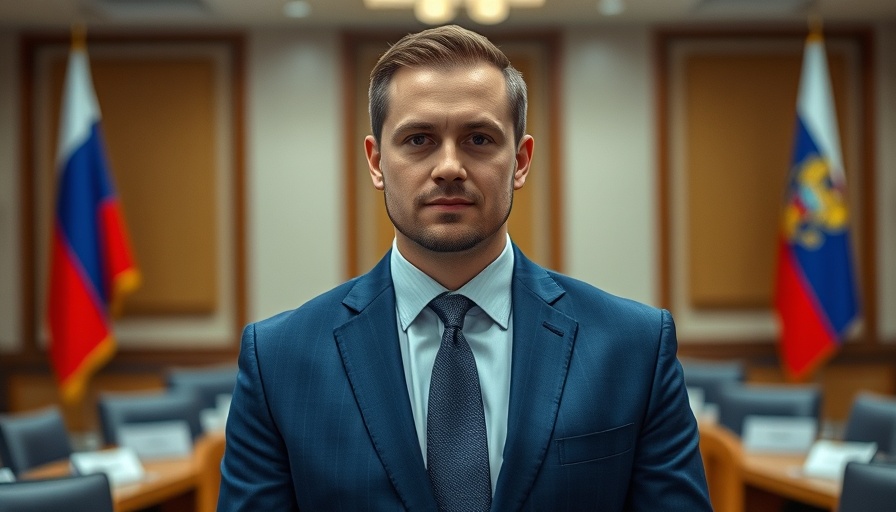
What Does the EU’s Sanctions Update Mean for Global Relations?
The European Union's recent decision to lift sanctions on four Russian nationals has raised eyebrows internationally, especially given the geopolitical tensions surrounding the war in Ukraine. This action follows Hungary's threats to block the extension of sanctions affecting over 2,400 individuals, signaling a shift in the EU's cohesive stance against Kremlin-affiliated figures. The decision not only impacts the individuals affected but also reflects the complexities in the EU's approach to diplomacy and sanctions amid rising calls for peace negotiations.
Historical Context: Sanctions as a Tool of Diplomacy
Since 2014, the EU has employed sanctions as a pivotal strategy against Russia, particularly following the annexation of Crimea and more recently in response to the ongoing war in Ukraine. These measures have targeted key figures in the regime and sectors contributing to military actions. Lifting sanctions on specific individuals, therefore, not only alters their standing but also raises significant questions about the overall efficacy of sanctions as a diplomatic tool. Should lifting sanctions become more common, it might dilute their intended impact, signaling potential leniency in tougher negotiations.
Influence of National Interests: Hungary’s Role
Hungary, known for its warmer relations with Russia compared to other EU states, has played a critical role in advocating for the removal of sanctions. The Hungarian government has argued that the harsh restrictions complicate diplomatic efforts for peace, which adds a layer of complexity in EU politics where national interests can clash with collective EU objectives. This situation highlights how internal divergences within the EU can impede a unified foreign policy approach, potentially undermining the bloc's broader strategy toward Russia.
Profile of the Affected Individuals: Who Are They?
The four individuals delisted include major players within the Russian business and political landscape. Among those are Mikhail Degtyarev, the Sports Minister, and Vladimir Rashevsky, a significant figure in the fertilizer industry. Their ties to the Kremlin and various controversies, including challenges to sanctions based on insufficient evidence, underscore the contentious nature of these sanctions. Understanding the individual backgrounds and their decision-making influence provides clarity on why certain figures have garnered different responses from the EU.
The Broader Implications for Business and Investment in Russia
For individuals involved in the business sectors, especially those looking to invest or operate in Russia, this change raises vital questions about the stability and future of EU-Russian business engagements. Businesses must navigate the blurred lines of corporate governance while balancing public sentiment and regulatory pressures. As sanctions evolve, entities from Silicon Valley to Bay Area startups may find both risks and opportunities in a shifting business landscape influenced by international relations.
Looking Ahead: Potential Peacemaking Efforts
As discussions about lifting sanctions emerge, it could pave the way for renewed diplomatic initiatives aimed at addressing the war in Ukraine. The evolving relationship between Hungary and its EU counterparts may lead to novel approaches toward peace that could impact how businesses engage with Russian markets. Stakeholders should prepare for potential shifts within both regulatory environments and market dynamics as the EU seeks to strike a balance between pressure and negotiation.
Ultimately, while the removal of sanctions on particular individuals may provide immediate relief for them, it also poses broader questions about the future of EU-Russia relations, the effectiveness of sanctions, and the implications for the global business community navigating through an uncertain geopolitical landscape.
 Add Row
Add Row  Add
Add 



Write A Comment